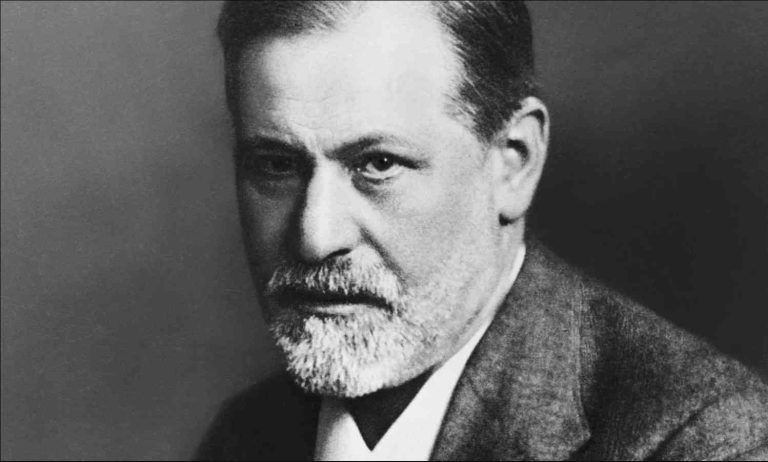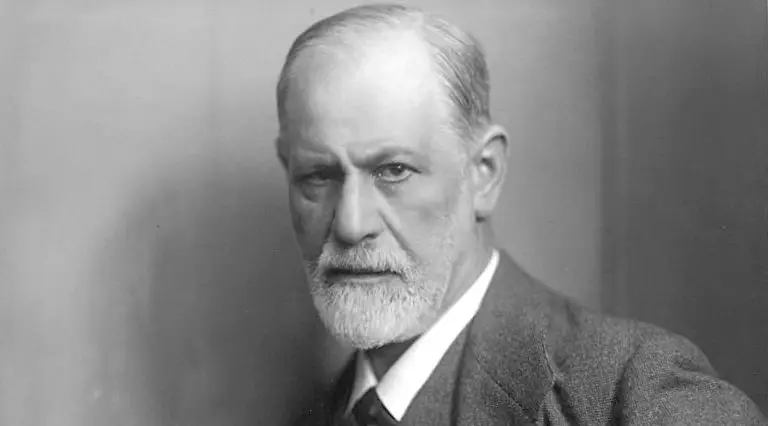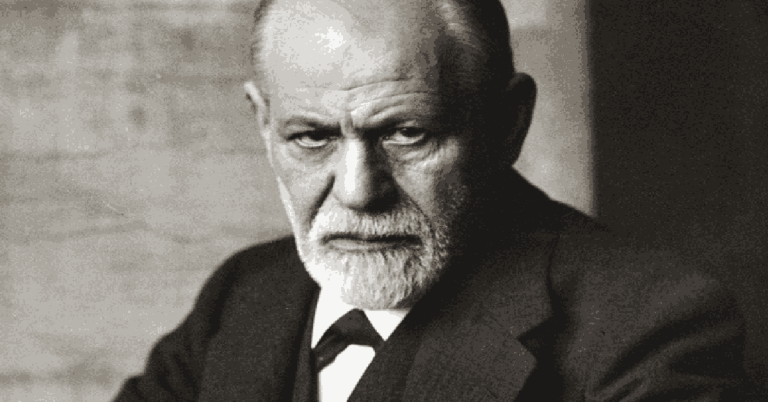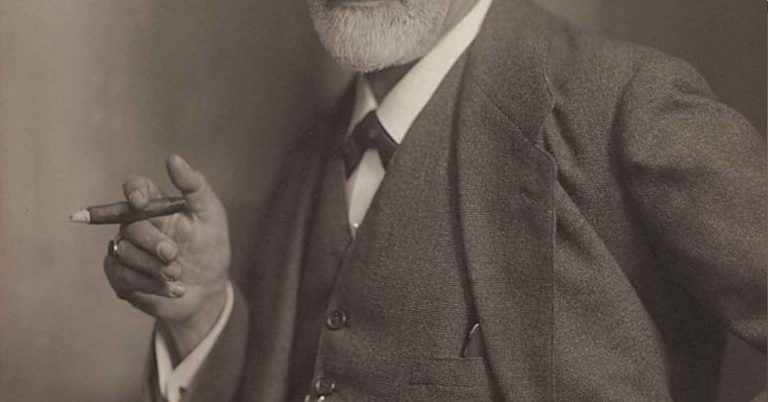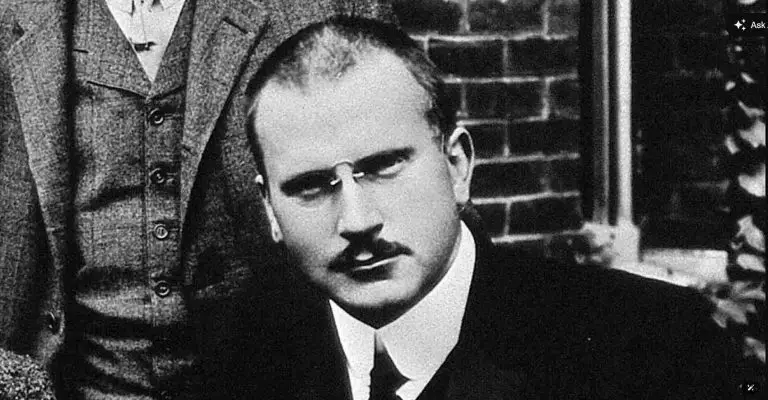The Death of the President in a Dream: A Symbolic-Psychological Analysis of Lincoln’s Final Vision
A few nights before his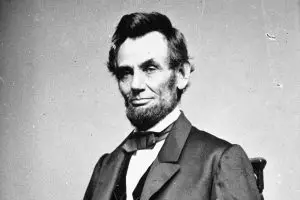 assassination in April 1865, Abraham Lincoln had a strange dream. In the White House, a funeral ceremony was taking place. He asked one of the guards who had died, and the reply came: “The President. He was assassinated.”
assassination in April 1865, Abraham Lincoln had a strange dream. In the White House, a funeral ceremony was taking place. He asked one of the guards who had died, and the reply came: “The President. He was assassinated.”
At face value, this dream seems to foreshadow his physical death. But on a deeper symbolic level, it reveals profound psychological layers: the death of a role, the death of power, and the birth of a new kind of meaning.
Lincoln in the Mirror of the Psyche
From early adulthood, Lincoln struggled with long episodes of depression. He had a strong existential bent—deeply drawn to philosophy, ethics, Shakespeare, and sacred texts. His presidency was marked by the weight of the Civil War, national trauma, and immense moral responsibility. But what is less often discussed is the internal divide between the “official title” and his “personal self.” Those close to him—including his wife, Mary Todd—reported that Lincoln never fully identified with being “the President.” He often said it was merely a role he bore, not the essence of who he was.
Seen in this context, the dream of the President’s death was not only a premonition of danger—it reflected a profound inner transformation.
From Dream to Depth: Death of the Role, Birth of Meaning
Within the USPT (Universal Symbolic-Psychological Typology) framework, this dream indicates a core vulnerability: fear that meaning might vanish without the power-role. But this fear is precisely what awakens a deeper consciousness. In his dream, Lincoln confronts the symbolic death of his social ego—acknowledging that power is not the whole of his being.
From a Jungian perspective, death in dreams often signifies transition, not finality. Lincoln’s vision shows a psyche ready to shed the mask of office and approach the Self—meaning born from within, not from status.
From an existential angle, the dream represents a confrontation with one of humanity’s most primal anxieties: impermanence. Death provokes the dormant question within Lincoln: If I am no longer President, what remains of me? His late speeches suggest an answer—where power gives way to compassion, and conflict to healing.
On the interpersonal level, the dream reflects an inner effort to distance himself from an identity that had consumed his personal essence. The body lying in state at the White House is the “President,” not “Abraham.” This distinction reveals the psyche’s quiet assertion: It is time to rise from within, not from office.
Even the funeral itself is symbolic—a psychic ritual to release the dominance of the role. The guard at the door—representing conscious awareness—has accepted this death, signaling the psyche’s readiness for transformation.
Conclusion: The Conscious Death of a Role
Lincoln’s dream, supported by his psychological background and final speeches, paints a portrait of profound inner maturity. Death in this context is not merely an ending—it is the beginning of meaning. He was stepping away from power not as a broken man, but as a reborn one—with a deeper vision of human suffering, moral duty, and the necessity of compassion.
Perhaps it was this inner awakening that made death, when it came, not terrifying but fulfilling—marking the completion of a psychological journey.

